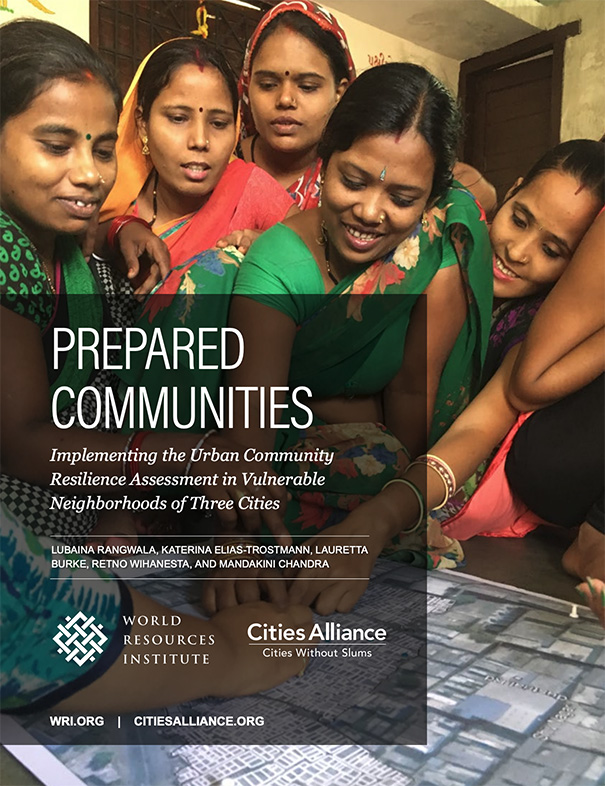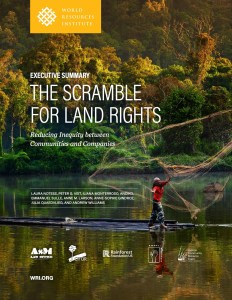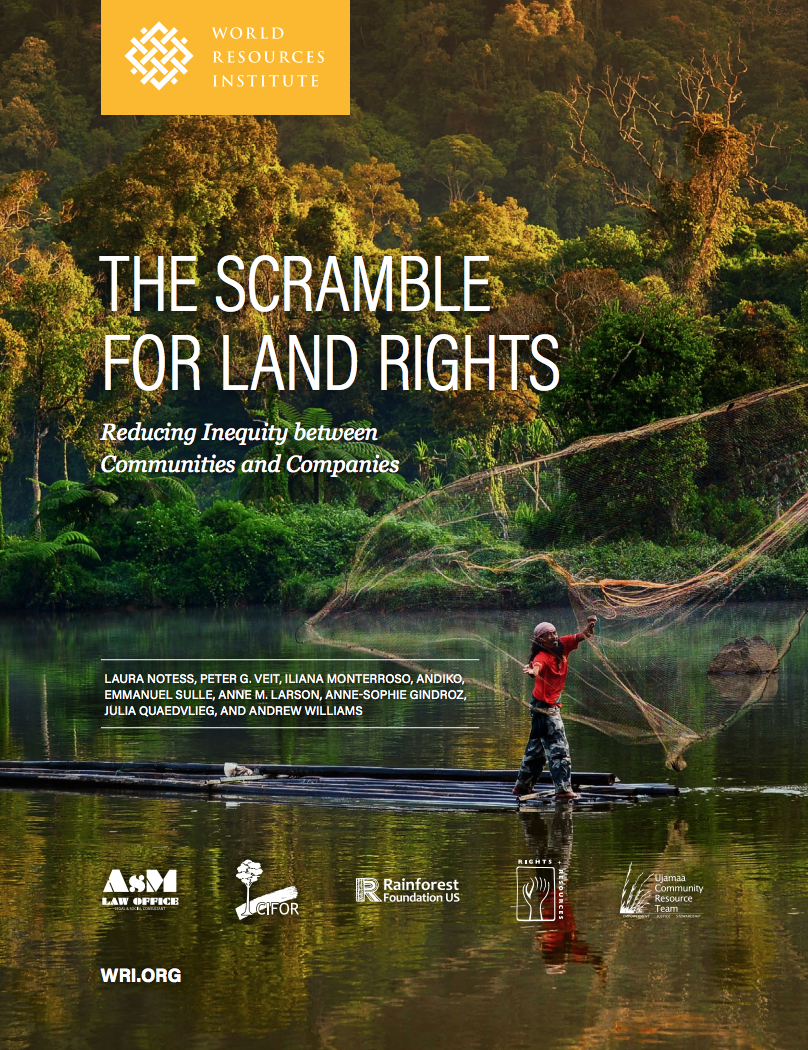Focal point
Location
World Resources Institute
The World Resources Institute is a global environmental think tank that goes beyond research to put ideas into action. We work with governments, companies, and civil society to build solutions to urgent environmental challenges. WRI’s transformative ideas protect the earth and promote development because sustainability is essential to meeting human needs and fulfilling human aspirations in the future.
WRI spurs progress by providing practical strategies for change and effective tools to implement them. We measure our success in the form of new policies, products, and practices that shift the ways governments work, companies operate, and people act.
We operate globally because today’s problems know no boundaries. We are avid communicators because people everywhere are inspired by ideas, empowered by knowledge, and moved to change by greater understanding. We provide innovative paths to a sustainable planet through work that is accurate, fair, and independent.
Resources
Displaying 21 - 25 of 94Prepared Communities
Climate change affects poor and marginalized communities first and hardest. Particularly in cities, a lack of access to basic services, a long history of unsustainable urban development, and political exclusion render the urban poor one of the most vulnerable groups to climate induced natural hazards and disasters. Yet strategies focused on reducing these people’s vulnerability to climate change often overlook crucial differences in their needs and situations.
The Scramble for Land Rights. Reducing Inequality between Communities and Companies
Indigenous and community lands, crucial for rural livelihoods, are typically held under informal customary arrangements. This can leave the land vulnerable to outside commercial interests, so communities may seek to formalize their land rights in a government registry and obtain an official land document. But this process is often time-consuming, complex and costly and, in contrast, companies can acquire land relatively quickly and find short-cuts around regulatory burdens.
The Scramble for Land Rights
Increasing global demand for natural resources is intensifying competition for land across the developing world, pushing companies onto territories that many Indigenous Peoples and rural communities have sustainably managed for generations.
The Scramble for Land Rights
Increasing global demand for natural resources is intensifying competition for land across the developing world, pushing companies onto territories that many Indigenous Peoples and rural communities have sustainably managed for generations.
A Fair Share for Women: Toward More Equitable Land Compensation and Resettlement in Tanzania and Mozambique
Women disproportionately bear the negative impacts of large-scale land investments (in agribusiness, extractives, logging) in the global South.








